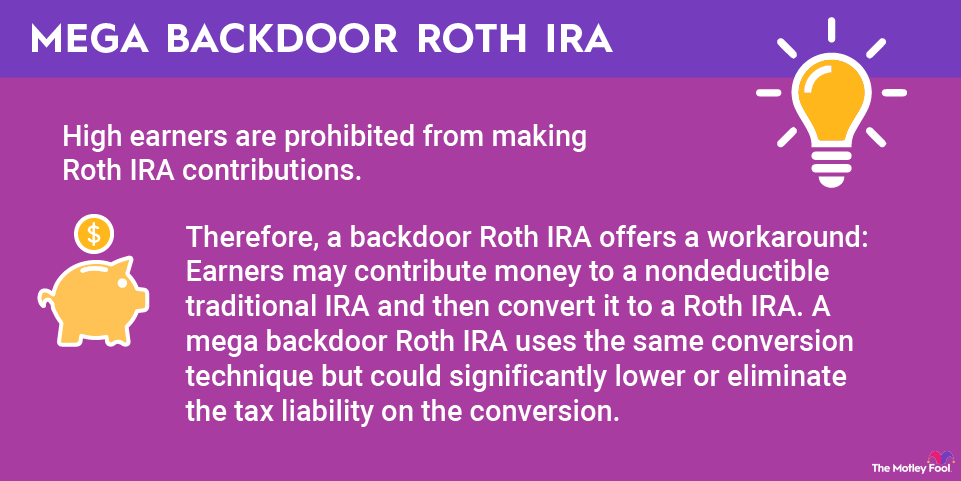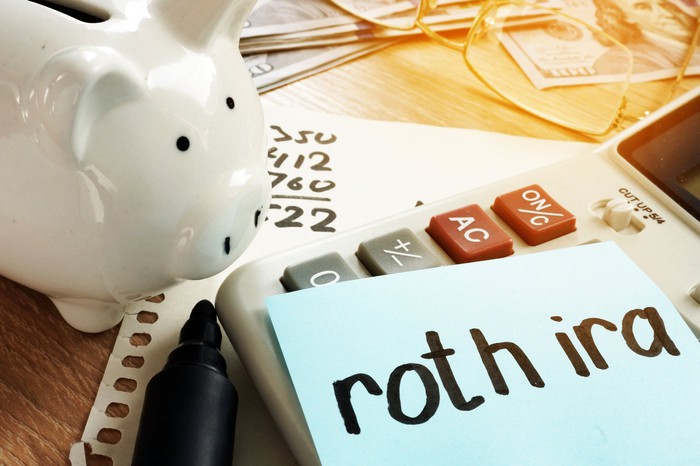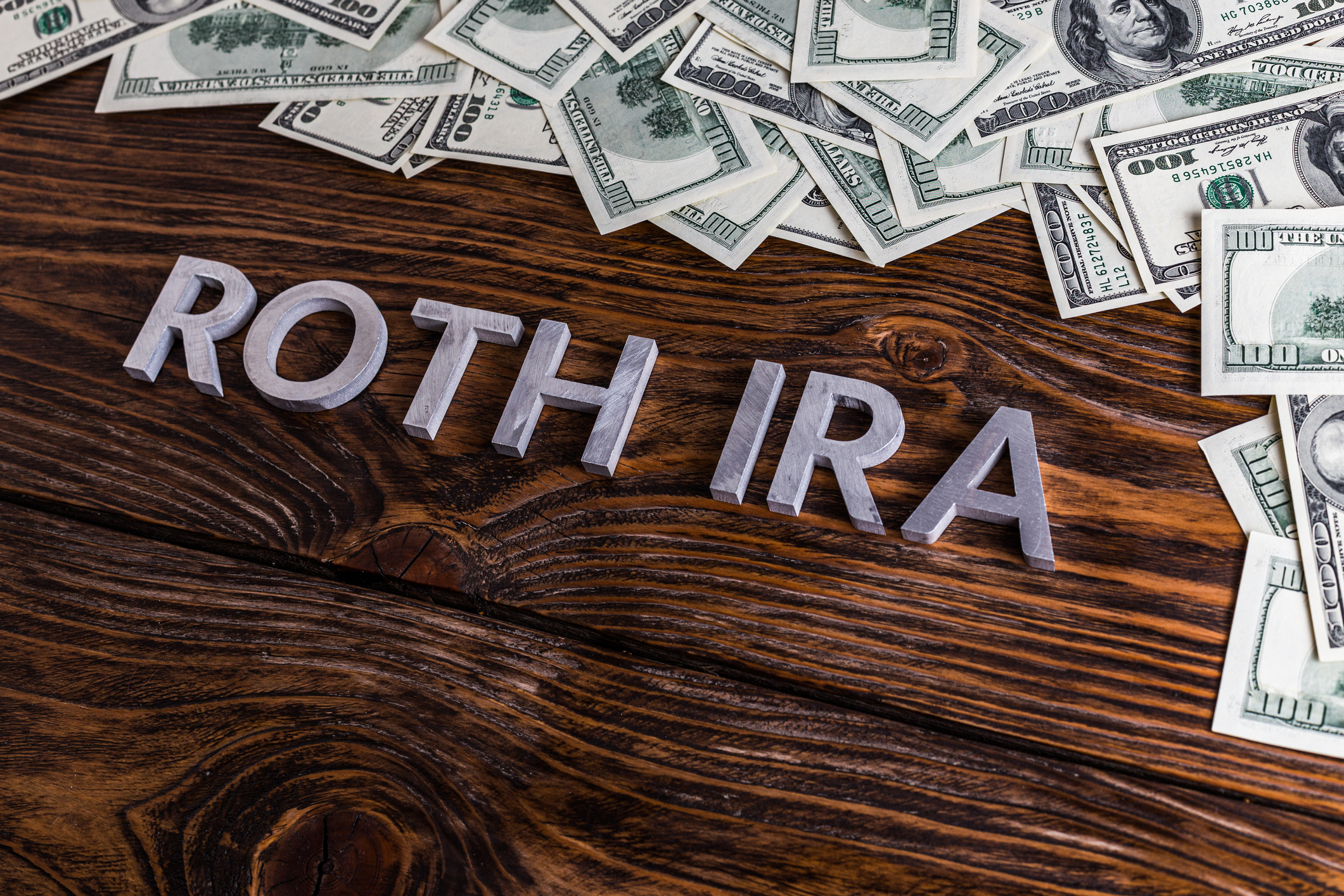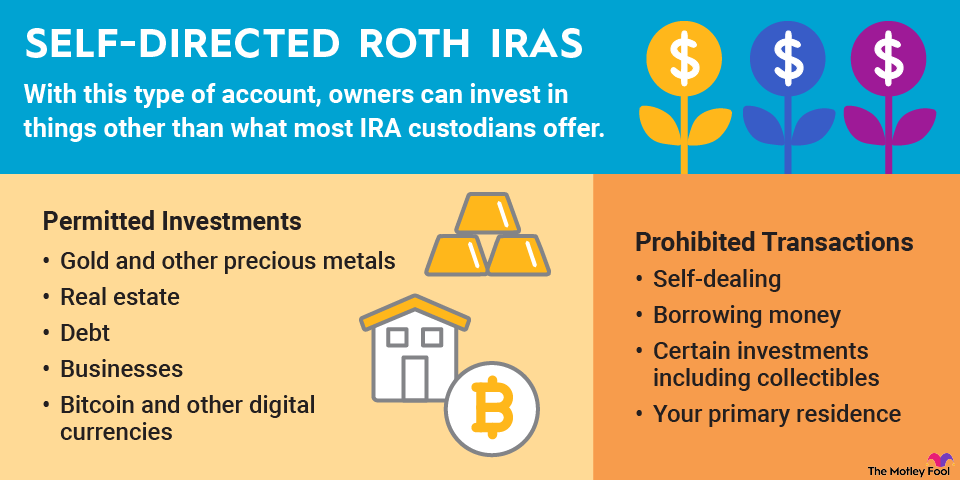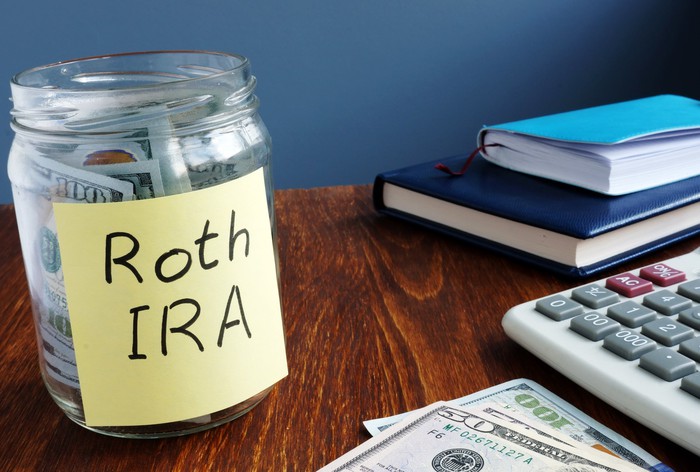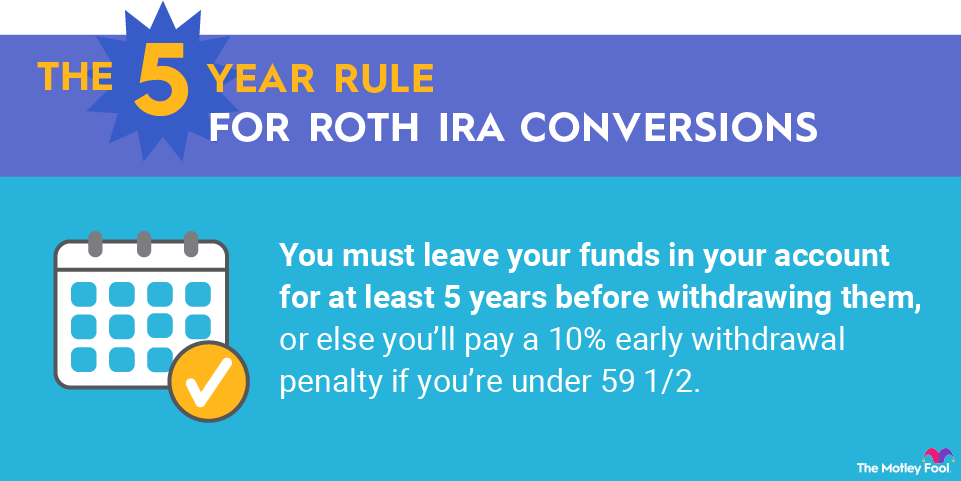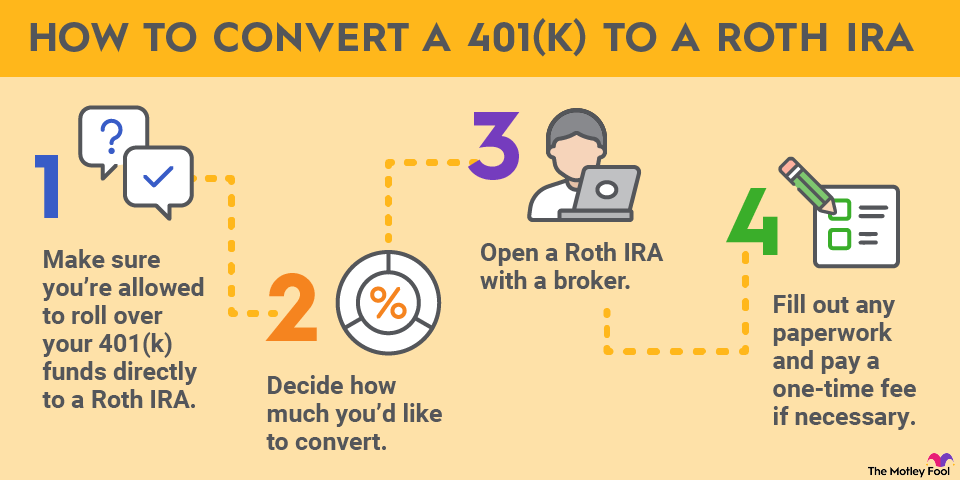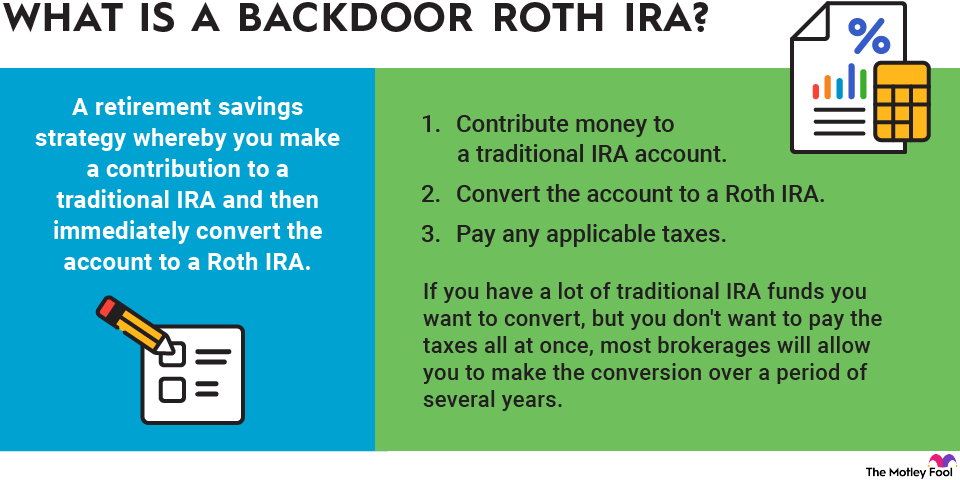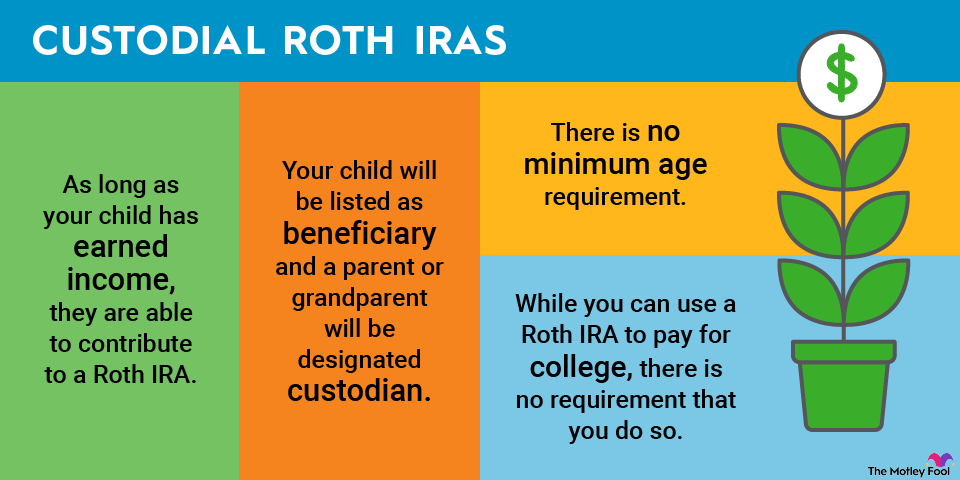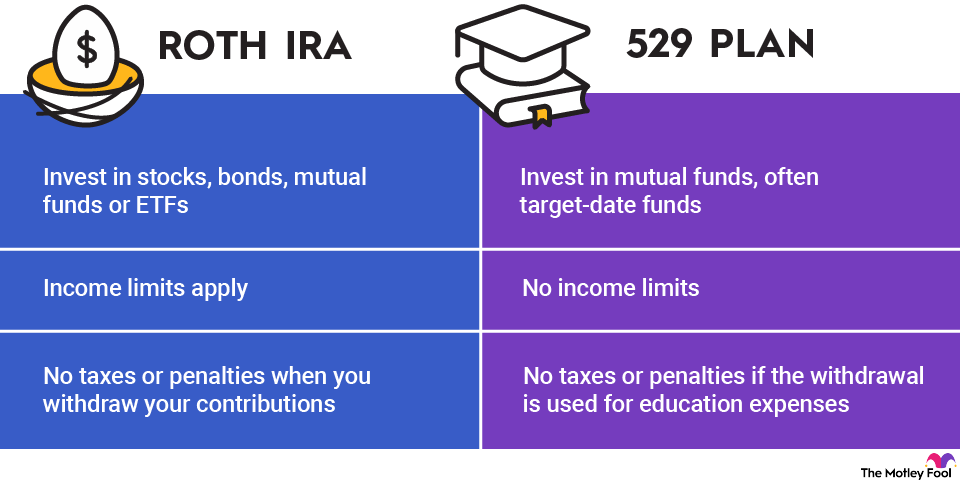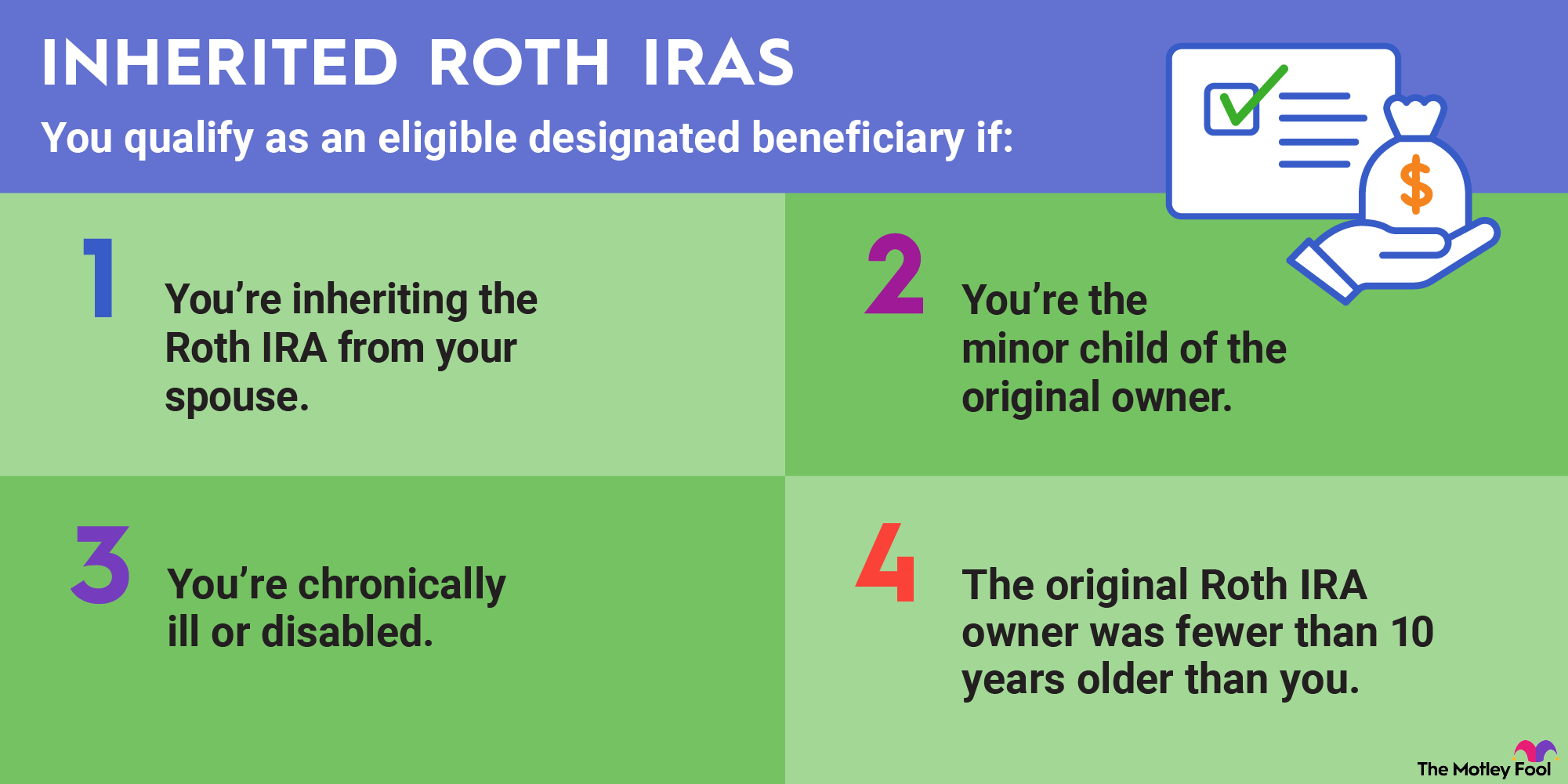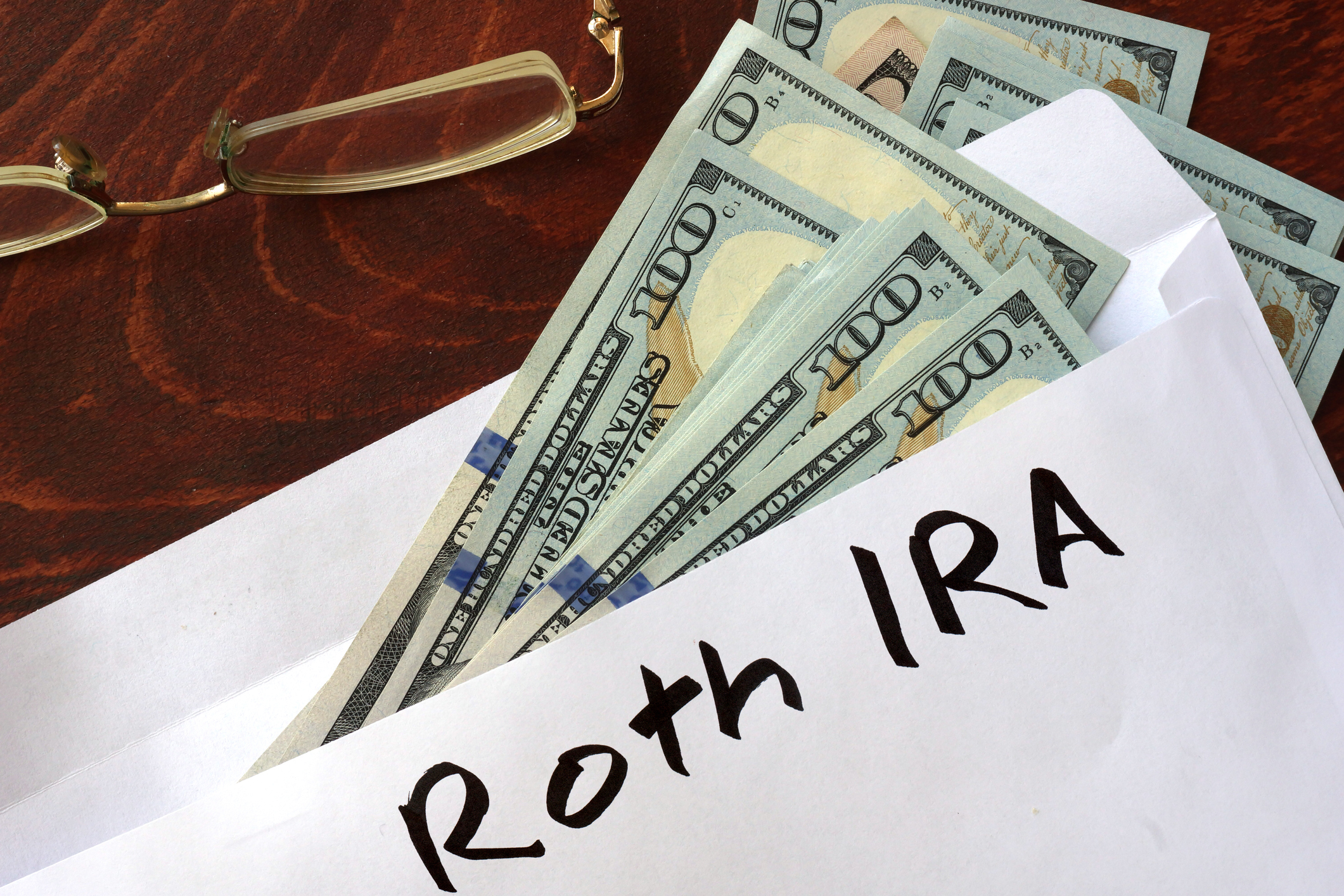You could face taxes, penalties, or both if you fail to meet these requirements. Those 59 1/2 or older who have not had their Roth IRAs for at least five years before withdrawing earnings will owe taxes on their earnings but will not pay the 10% early withdrawal penalty.
Those younger than 59 1/2 who have not had their Roth IRAs for five years will pay taxes and a 10% early withdrawal penalty on earnings, although they may be able to waive the penalty if they meet one of the qualified exceptions discussed below.
Those younger than 59 1/2 who have had their Roth IRA for five years or more could also face taxes and an early withdrawal penalty, although both are waived for those who are permanently disabled or who use their withdrawal to make a first home purchase (maximum $10,000). If you don't meet one of these criteria, you can still waive the penalty if you meet one of the exceptions below.
Exceptions to the early withdrawal penalty
You can avoid the 10% early withdrawal penalty on Roth IRA earnings and conversion withdrawals if you meet one of the following exceptions:
- You're 59 1/2 or older
- You're totally and permanently disabled
- You have been certified as having a terminal illness
- You are the beneficiary of a deceased IRA owner
- You're purchasing a first home (maximum $10,000 withdrawal)
- You're taking substantially equal periodic payments (SEPPs)
- You're paying for unreimbursed medical expenses exceeding a certain percentage of your adjusted gross income (AGI)
- You're paying for your medical insurance premiums during a period of unemployment
- You're paying for higher education expenses
- You're paying back taxes to the federal government because of a levy placed against your Roth IRA
Rules regarding these exceptions can change with time. For example, in 2020, withdrawals for medical expenses that exceeded 10% of your AGI qualified as a penalty-free withdrawal, but the government lowered this to medical expenses exceeding 7.5% of your AGI for 2021. The limit remains at 7.5% for 2024 and 2025. So always research the qualified exceptions in the year you plan to make an early withdrawal to avoid surprises.
How to make a Roth IRA withdrawal
You can make a Roth IRA withdrawal by requesting that your Roth IRA provider transfer your funds to your bank account or send you a check. You should be able to initiate this through your online account, or you can reach out to your Roth IRA provider directly to get help.
Before you withdraw any money from your Roth IRA, think the decision through carefully. Figure out whether you'll owe taxes or penalties, and consider how the withdrawal will affect the growth of your retirement savings to decide if it's the right move for you.
Related retirement topics
